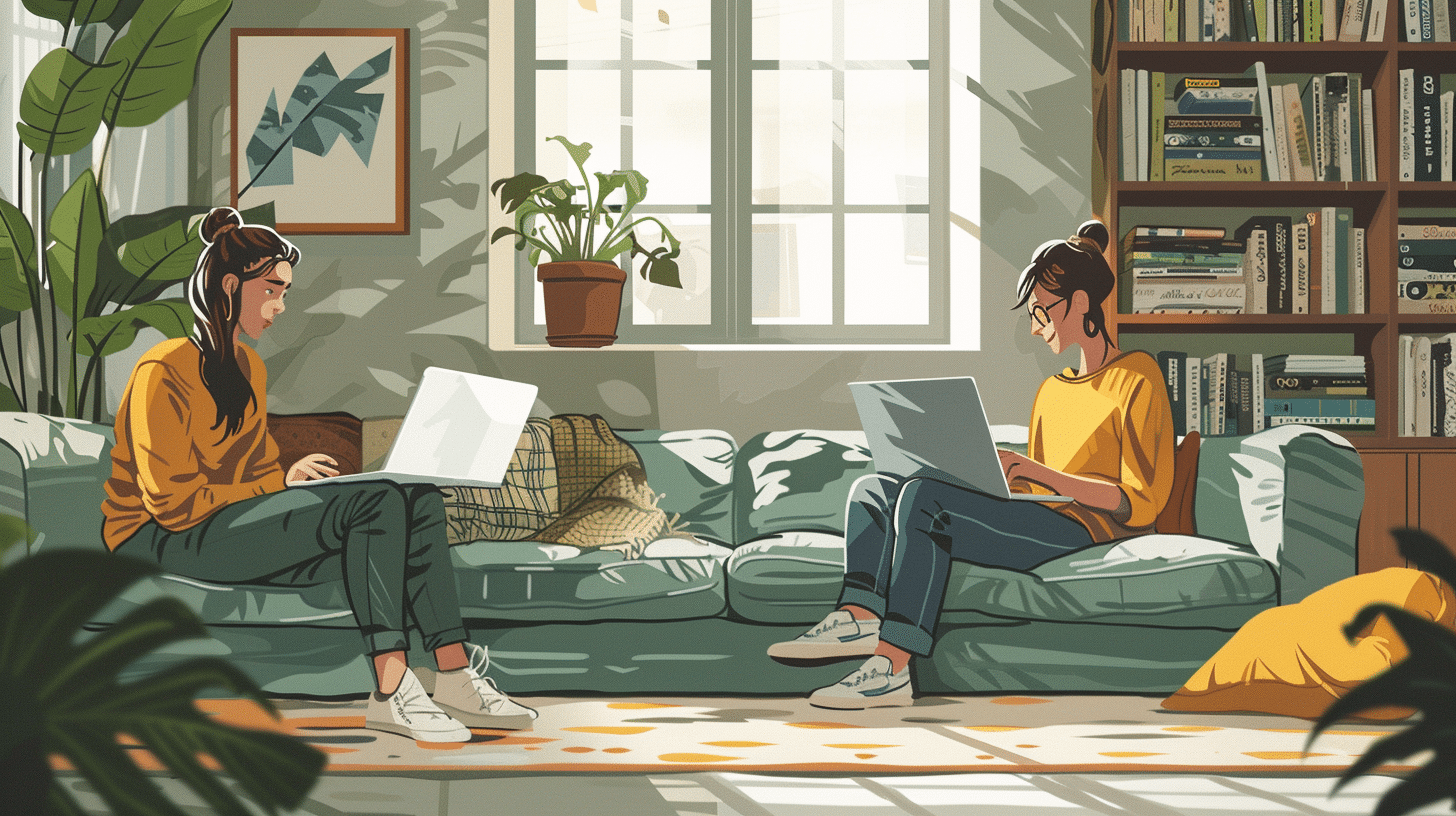Pick a language and start learning!
Correlative conjunctions Exercises in Dutch language

Correlative conjunctions are an integral part of the Dutch language, acting as pairs that join different elements of a sentence to show a specific relationship between them. Just like in English, these conjunctions work in tandem to balance the sentence structure, making the conveyed message clearer and more cohesive. Understanding and mastering correlative conjunctions can greatly enhance your Dutch language proficiency, as they enable you to construct more complex and nuanced sentences. Common pairs include "zowel...als" (both...and), "niet alleen...maar ook" (not only...but also), and "of...of" (either...or), each serving a unique function to connect ideas smoothly.
Grasping the use of correlative conjunctions is essential for both written and spoken Dutch, as they help emphasize relationships and dependencies between different parts of a sentence. Through a series of engaging exercises on this page, you will practice identifying, using, and differentiating between various correlative conjunction pairs. These exercises are designed to reinforce your understanding and ensure that you can confidently use these conjunctions in everyday communication. By the end of these exercises, you will have a solid foundation in correlative conjunctions, empowering you to express yourself more effectively and accurately in Dutch.
Exercise 1
<p>1. *Zowel* ik *als* mijn broer houden van voetbal (both ... and).</p>
<p>2. *Niet alleen* studeer ik hard, *maar ook* werk ik parttime (not only ... but also).</p>
<p>3. Hij wil *of* naar het strand gaan *of* thuis blijven (either ... or).</p>
<p>4. *Zowel* mijn vader *als* mijn moeder komen naar het feest (both ... and).</p>
<p>5. Je moet *of* de waarheid vertellen *of* de consequenties dragen (either ... or).</p>
<p>6. *Niet alleen* was de film spannend, *maar ook* erg grappig (not only ... but also).</p>
<p>7. Zij is *zowel* intelligent *als* creatief (both ... and).</p>
<p>8. We kunnen *of* pizza bestellen *of* zelf koken (either ... or).</p>
<p>9. Hij is *niet alleen* een goede leraar, *maar ook* een uitstekende mentor (not only ... but also).</p>
<p>10. Ze houdt *zowel* van honden *als* van katten (both ... and).</p>
Exercise 2
<p>1. Zowel mijn broer *als* mijn zus houden van reizen (both...and).</p>
<p>2. Ik drink *noch* koffie *noch* thee in de ochtend (neither...nor).</p>
<p>3. Of je komt op tijd, *of* je mist de trein (either...or).</p>
<p>4. Je kunt *zowel* een appel *als* een banaan nemen (both...and).</p>
<p>5. Ze kan *noch* zingen *noch* dansen (neither...nor).</p>
<p>6. *Of* je komt nu, *of* je blijft thuis (either...or).</p>
<p>7. Zowel mijn moeder *als* mijn vader werken in de stad (both...and).</p>
<p>8. We willen *noch* regen *noch* sneeuw voor het feest (neither...nor).</p>
<p>9. Je kunt *zowel* een boek lezen *als* een film kijken (both...and).</p>
<p>10. Of je kiest deze baan, *of* je zoekt verder (either...or).</p>
Exercise 3
<p>1. Hij wil *zowel* piano spelen *als* gitaar leren. (both... and)</p>
<p>2. Ze kan *niet alleen* goed koken, *maar ook* heerlijk bakken. (not only... but also)</p>
<p>3. *Of* je blijft thuis *of* je gaat met ons mee naar het feest. (either... or)</p>
<p>4. We kunnen *zowel* naar Amsterdam gaan *als* in Utrecht blijven. (both... and)</p>
<p>5. *Niet alleen* was de film spannend, *maar ook* leerzaam. (not only... but also)</p>
<p>6. *Of* je maakt je huiswerk nu, *of* je krijgt geen televisie vanavond. (either... or)</p>
<p>7. Ik houd *zowel* van chocolade *als* van vanille. (both... and)</p>
<p>8. Hij wil *niet alleen* een nieuwe fiets, *maar ook* een helm. (not only... but also)</p>
<p>9. *Of* we gaan wandelen, *of* we blijven thuis. (either... or)</p>
<p>10. Zij spreekt *zowel* Engels *als* Duits vloeiend. (both... and)</p>







